The Introverts Guide to Increasing Energy
As an introvert, learning how to recharge, protect, and increase your energy is vital to taking care of yourself. Learn how!
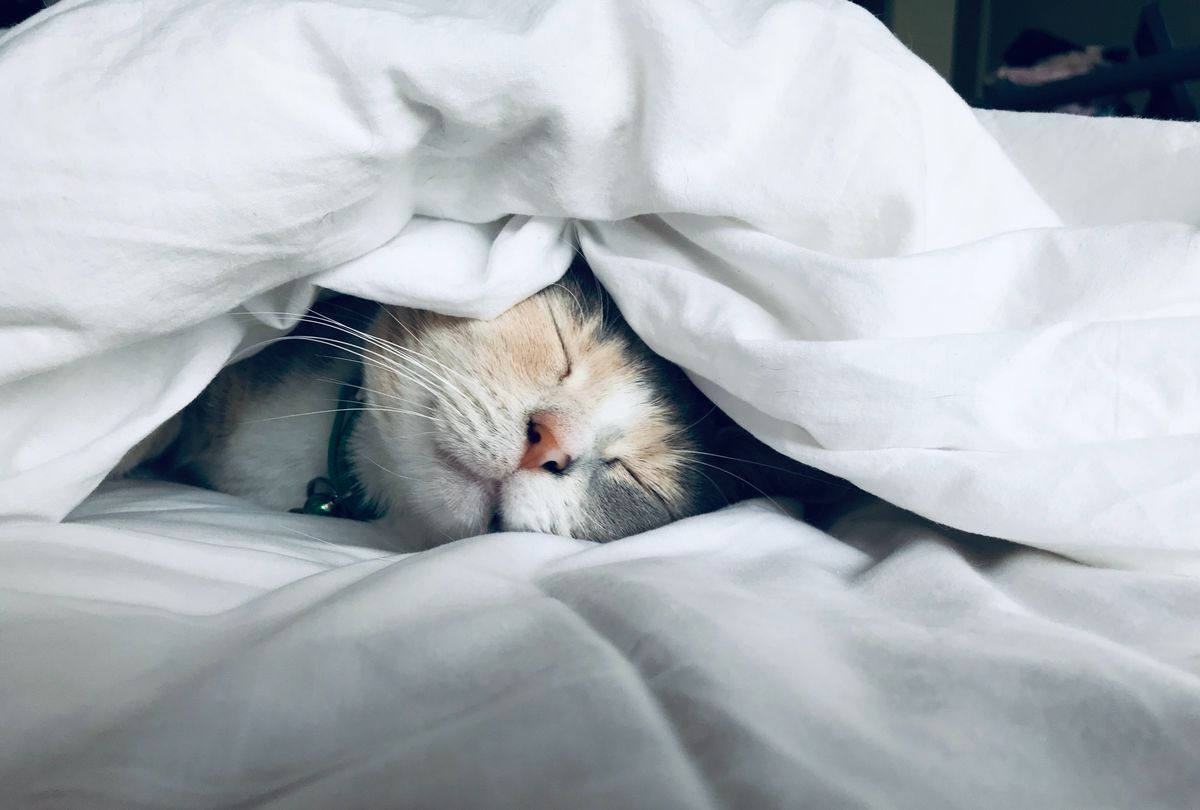
This is a revision of An Introverts Guide to Maximizing Energy Through Intention which I wrote in October 2017. It has been updated and changed significantly.
If you enjoy this newsletter, please forward it to someone you think might like it too!
Do you feel drained after socializing? It could be a meeting, Zoom call, networking event, party, family dinner...or really any situation where you are around a lot of people?
Do you sometimes feel overwhelmed in large crowds, or when there is a lot of noise and activity around you?
Do you prefer one-on-one or small group get-togethers to big parties?
Do you need quiet alone time to recharge, especially after being “on” all day?
If you said yes to any of the above questions… then you may be an introvert!
I am too!
I didn’t always know I was an introvert. For much of my 20’s I wondered what was wrong with me that I was exhausted so often. I enjoyed being around other people but would come home from events or dinners drained. If I went to too many meetings or events in a day or week I would feel almost hungover (without the fun part). No amount of sleep seemed to fix it and I would beat myself up for not being able to handle… life.
I had heard the words introvert and extrovert but associated them with being either shy or outgoing. Neither felt like accurate descriptions of me so they didn’t connect.
While shy or outgoing can be attributes of introversion and extroversion, I came to learn that introversion and extroversion are related to where you get your energy from and what drains your energy.
And a lightbulb went off.
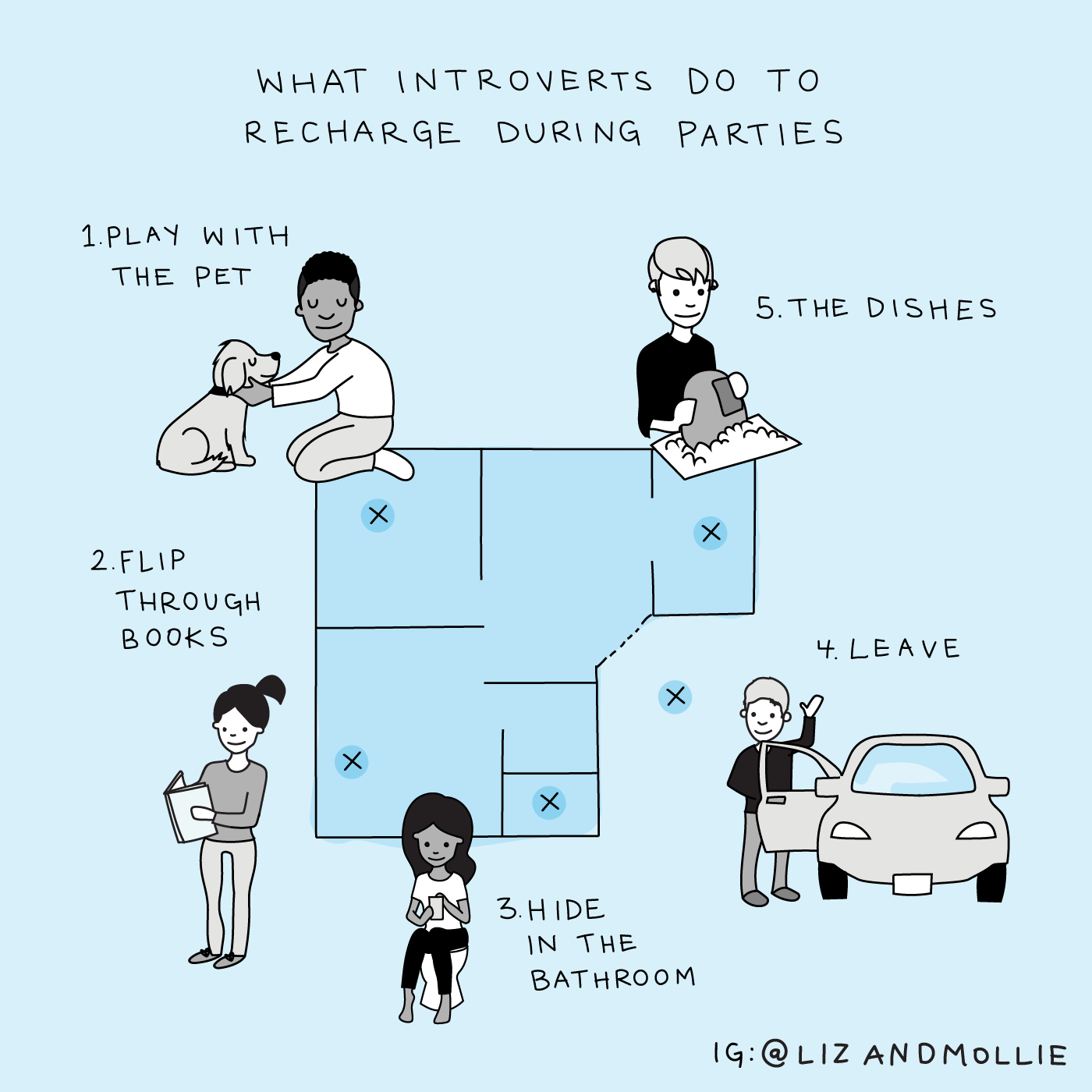
What does it mean to be an introvert?
Simply defined:
Extroverts get their energy from being around people and find being alone draining.
Introverts get their energy from being alone and find being around people draining.
There are, of course, more detailed descriptions and attributes. Introversion and extroversion are also a spectrum rather than binary. You can access traits of both personality types but you will tend to lean towards one or the other. Some people are further to one side or the other, with most people somewhere in the middle of the spectrum.
Being an introvert doesn’t mean you are antisocial or shy or timid (though you might be any of those things). Being an introvert is neither good nor bad, but rather a way of being. Once you know that way of being, and how it applies to you, you can make intentional decisions about how you manage your energy in relation to it.
Being an introvert means, in broad terms, that you spend energy when you are with other people and you need alone time to recharge your energy.
How to identify if you are introverted or extroverted
One of the tools that helped me realize I was an introvert was a personality test. I took one as part of a mentorship group I was part of and it was what precipitated my lightbulb moment. It gave language to how I felt after being around a lot of people and why I was so tired all the time.
I am most familiar with the Myers-Briggs Type Indicator which you can try with a free version or do an official paid version.
Personality tests are full of broad generalities that should be taken with a grain of salt. Instead, personality tests should be treated as tools for self-reflection. They are indicators of tendencies, not hard and fast rules. Personality tests give a framework for thinking about yourself which can help you make decisions around how you approach different parts of your life.
If personality tests aren’t your jam, try a few weeks of daily self-reflection on its own.
- Think about how you feel each day after different kinds of activities.
- Think about how you feel after being around large groups of people or multiple meetings. Think about the things you do that recharge you.
These will all be indicators of which end of the introversion and extroversion spectrum you lean towards.
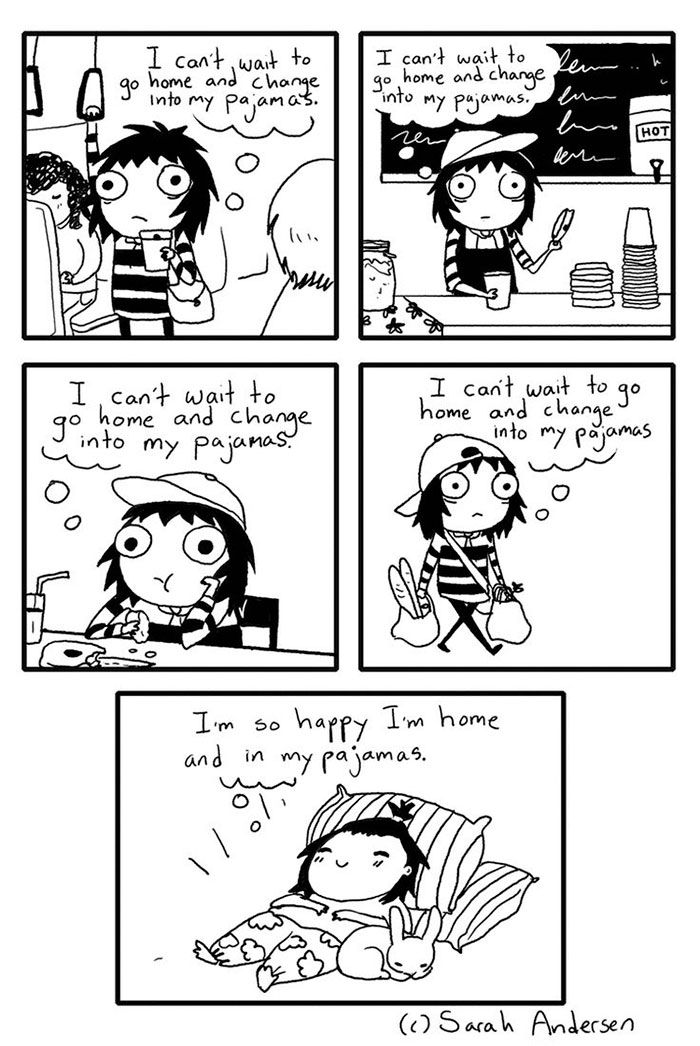
The introverts guide to increasing energy
Having the language to describe why I felt the way I did and learning I was an introvert was a game-changer for me. Beyond understanding why I felt the way I did, I was able to be more intentional about the decisions I made in how I planned my days and weeks, which had a huge impact on how I felt. Understanding that I needed quiet alone time to recharge also changed how I thought about and approached my self-care.
If you relate at all to my feelings above and think you might be (or already know you are) an introvert, the following are some ways you can be more intentional about increasing your energy.
- Be intentional about who you give your energy to
- Be intentional about which events, organizations, causes, and roles you give your energy to
- Be intentional about when and how many commitments you make
- Listen to your body and learn your limits
- Get clarity on what self-care means to you
- Build self-care into your life
- Communicate your energy needs to others
1. Be intentional about who you give your energy to
One of the ways to apply the knowledge of being introverted is to think about the people you interact with regularly. How do you feel after you have been around them? Some people are more energy-intensive than others. This isn’t necessarily a bad thing, just something to be aware of.
In my post, How to Find and Partner with the Right People: A Venn Diagram for Life, I cover many different facets of surrounding yourself with the Right People. Your Right People are the ones that matter most to you, and vice versa. This is a good starting point for considering WHY you spend time with someone, the value you bring to each other, and if they are high-energy takers.
Ask yourself:
- Who in my life do I feel good after spending time with?
- Who would I identify as my Right People?
- Is there anyone in my life that I actively avoid spending time with?
- Is there anyone in my life that, after we spend any time together, I am completely drained?
For example, you might have a friend who is loud, outgoing, and the life-of-the-party type. The stereotypical extrovert! You can still be friends and enjoy spending time with them, but you can also make sure you limit the amount of time or frequency or make sure you are feeling energized before you see them.
Another example might be someone in your life that is a complainer, who constantly vents to you without thinking about how you are feeling. These are people that you want to limit your interactions with, set clear boundaries on what kinds of interaction you have with them (like limiting your conversations to phone calls), or even stop spending time with them altogether.
You only have so much energy to give each day. It makes sense to focus as much of your energy as possible on the people you identify as your Right People and reduce your interactions with people who are not. If you are not conscious of your energy levels and who you are giving your energy to, it’s easy to end up running on fumes.
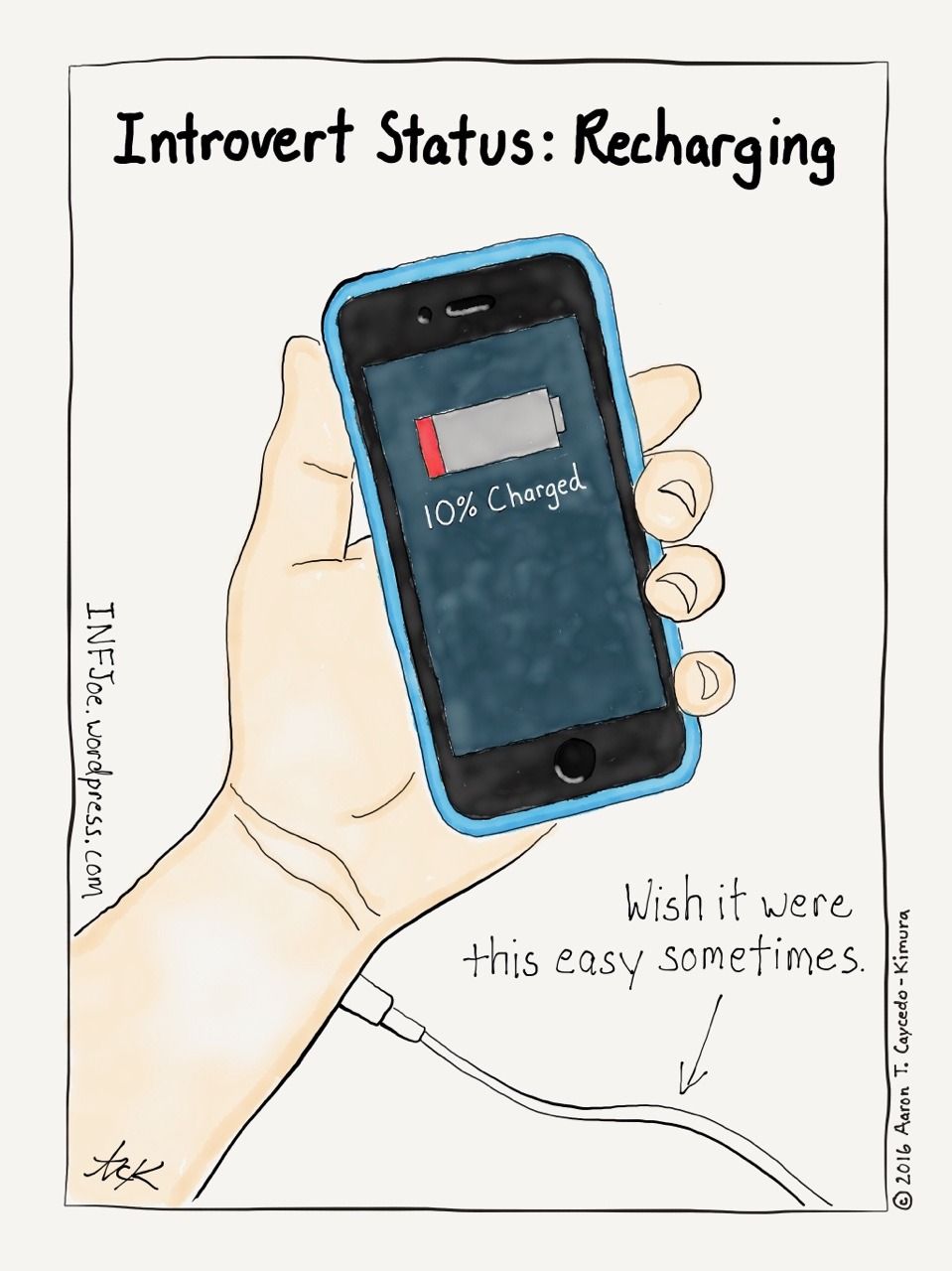
2. Be intentional about which events, organizations, causes, and roles you give your energy to
In my early days of networking and business development, I went to all the events and joined all the boards and committees. My days were jammed with meetings and I was going to evening events 3 or 4 nights a week. Not so shockingly, I started to feel burnt out and disengaged, even though many of the things I was doing were important to me. I realized that I didn’t have the energy for all of the things I had committed to so I had to pare down and choose the ones that mattered most to my business or to me.
Different kinds of commitments will require different amounts of energy.
- Think about your current commitments, be it a volunteer role, community group, or upcoming event.
- Think about why you are involved with them, what you can give them, and what you want to get back.
- Set goals around what you want out of each engagement.
- Evaluate if they are good investments of your energy.
For example, if you are a volunteer for a community organization where you often work at events that include tasks like selling tickets or working a booth, you will have a ton of interactions which would be draining for an introvert. That might be fine, but you could consider alternative ways to give time to the same organization like being on their board, which meets once a month and is likely a small group.
3. Be intentional about when and how many commitments you make
Many of you are ruled by your weekly calendars. I know I am. There are projects to stay on top of, meetings to attend, events to go to (Zoom or in-person). If I am not careful, my schedule starts to look like a unicorn barfed on it with all the different colour-coded calendars splashed across each day.
As an introvert, I have to be intentional about setting boundaries around when and how many meetings and events each week, or I run the risk of burning myself out.
You will have varying control over what your schedule looks like depending on the nature of your work and your role. Some of you will have complete control and can pick and choose when you schedule things, others will mostly only be able to control social and familial commitments.
Take control where you can by considering the following:
- When is your best time of day for focussed, deep work?
- When do you feel most distracted and have the most trouble focussing?
- How do you feel after meetings?
- Given your life commitments, what can you do to plan your week in a way that increases your energy?
For example, my answers to these questions are:
- My best time of day for deep work is in the morning.
- I feel most distracted mid-afternoon and generally can’t focus on deep thinking tasks.
- I am usually drained after meetings (as most introverts are). The more meetings I have, the worse I feel.
- Ways I increase my energy:
- I time block my mornings for focused work
- I try to only take meetings in the afternoon
- I try to only commit to up to 2 evening events per week
- I try not to take meetings on Mondays and Fridays
- My husband and I protect our Saturdays during the day and generally don’t book any commitments.
Of course, there are always exceptions to these and sometimes I have to take morning meetings or accept a Friday meeting. The important part is being aware of your energy levels and trying to work with them.
4. Listen to your body and learn your limits
My inner introvert wants to curl up in a ball and weep when I look at my calendar and see that rainbow of meetings and commitments. And it still happens on occasion, but much less often than it used to because I now know when I push past my limits, I regret it. It impacts my ability to focus and engage...with anything really.
It took me a while to learn my limits but over time they became more clear. I get a low-grade headache, one of my ears gets plugged, and my thinking feels sluggish. My clothes start to feel uncomfortable and everything seems really loud. If I really overdo it I get a migraine (which no one wants).
I know that large group events take much more energy than one-on-one meetings. I also know that if I schedule too many meetings in a day, I shouldn’t even bother going to an evening event because I will be totally disengaged and spend the whole time counting the minutes until I can make a polite exit.
If you don’t know already, pay attention over the coming weeks and ask yourself:
- How does my body feel after being around a lot of people?
- How do I feel the morning after an evening event?
- How do I feel after multiple days in a row of meetings, events and interactions?
- How many meetings or events can I have in a day before I start to feel burnt out?
- What are reasonable boundaries I can set to make sure I don’t burn myself out?
Those boundaries might be the number, size, or type of meetings or events each day and each week. It might be when you schedule them. It’s whatever you can do to increase your energy.
5. Get clarity on what self-care means to you
Self-care is kind of a woo-woo term these days but the premise I want you to consider is that self-care, whatever that means to you, is a competitive advantage in life. Knowing what your limits are, how to protect your energy, and what to do to fill your energy reserves when they are low pays dividends.
Do you know what recharges you? Something to keep in mind is that there is a difference between sleep and rest, numbing and comfort. It’s not just about not working, it’s about understanding what actually fills you up, versus what fills up time.
Endlessly scrolling social media is a good example of numbing. You probably don’t feel any more energized when you eventually blink up from your screen and likely feel worse.
Self-care can be anything. Baking, reading, walking, doing puzzles, making art, playing video games, gardening...whatever you do that leaves you feeling rested and energized.
What fills you up might be different from other introverts. But that's ok! Pay attention to what works for you, prioritize yourself, and give your body and mind opportunities to recover.
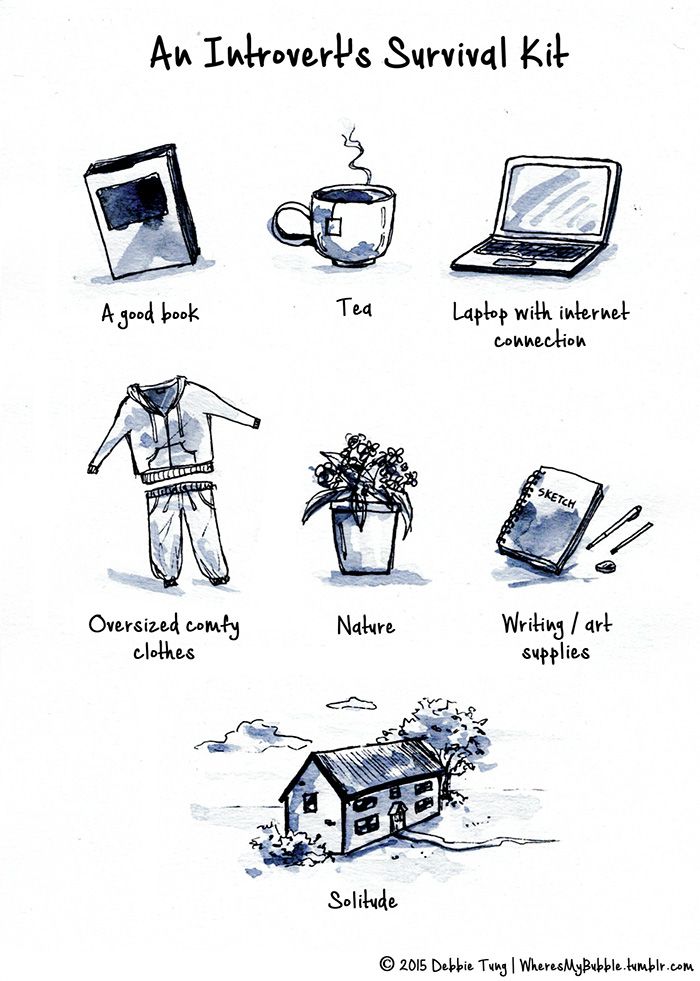
6. Build self-care into your life
The key is making sure you DO those self-care activities EVERY DAY. Some strategies you can use to build self-care into your days and weeks include:
1. Schedule breaks and alone time into your calendar.
Having back-to-back...to-back meetings when you are introverted is a recipe for exhaustion. When your week starts filling up, look at the spaces in your days and schedule breaks for you to go do things that will help keep your energy up.
Maybe you go for a walk or do 15-minutes of yoga (desk yoga is a thing). Maybe it’s stepping outside for a few minutes to get some fresh air and do some deep breathing. Maybe it’s a 10-minute lie down (if you work from home) to close your eyes and not look at a screen (this is a popular one in my house).
2. Block off days or parts of days so you don’t ever book yourself with DO NOT BOOK.
My husband and I have “DO NOT BOOK” events in our calendars on days or slots of time. Since we are business partners, it is a way for us to make sure the other doesn’t book a meeting on a day or time frame we have already mentally committed to something.
It is also a way to stop ourselves from overbooking and jamming more meetings in.
3. Protect your downtime
When you regularly book meetings or commitments during times you have blocked off as downtime you are defeating the purpose of booking it in the first place. You have to be disciplined and fiercely protect that time and DO those self-care activities.
Even though we work together and share an office, my husband and I often have whole days where almost all of our interactions are work-related or around domestic things like getting dinner ready or feeding the cats. Staying connected is important to us so our Friday nights and Saturdays are no work zones. They are times that my husband and I have committed to each other to connect and recharge and we protect this time with few exceptions. We like to play video games together!
Prioritizing yourself and having the discipline to build self-care into every day will keep you in a position to better engage with all the important things in your life. But you have to DO IT.
7. Communicate your energy needs to others
If you are introverted you need to be able to have open conversations about your energy needs.
Professionally, talk to the people you work with and tell them your meeting preferences and ideal deep work times. Find out what theirs are. It is not always possible to accommodate everyone’s energy needs since some people will be the opposite of you, but it is possible to find a bit of give-and-take.
For example, your manager might think twice about booking a check-in meeting with you first thing in the morning and instead make it for after lunch. Or your staff will understand that when you close your door and put on your headphones, you are not shutting them out, you are taking some quiet time to recharge a little.
In personal relationships, it can be hard for extroverts to understand why some days you would rather go home and read a book than go out for drinks with friends, or why going to a last-minute event after work feels like the opening scene of a slasher horror movie.
You don’t need to make an announcement that you are an introvert, but you can set boundaries with people in your life by saying things like:
- I’m not good with short notice or last-minute changes of plan. Can you give me a heads up a bit earlier next time?
- I focus best in quiet spaces. I’m not ignoring you! I probably have headphones in to dim background noise. An email or instant message is the best way to get my attention. But I might have those notifications muted, lol.
- I would love to support your event but I can’t make it. Is there another way I can show support?
- I can’t make it to your party but I would love to plan a coffee with you.
It’s not that you are not sociable and don’t want to see people (usually), it’s that it takes a lot out of you and you need to be selective about what you do.
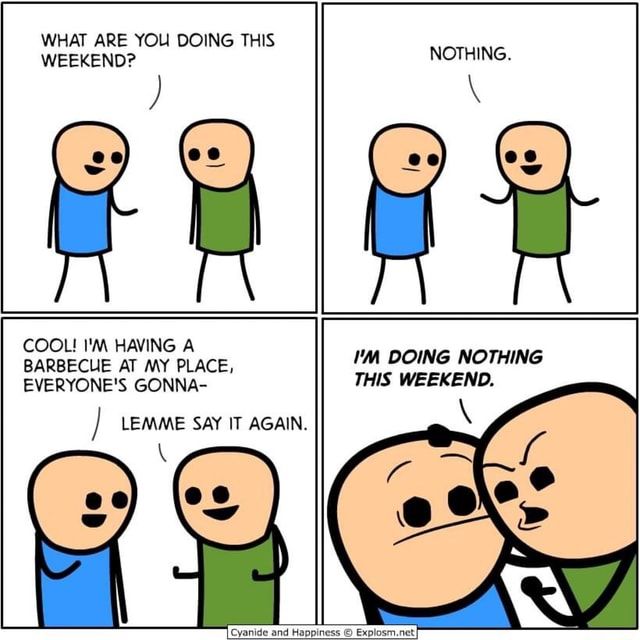
North American culture is generally built around the tendencies of extroverts. The narratives we see of introverts are that they are shy, socially awkward, loners who hate people. While those people do exist, it isn’t representative of all introverts, any more than the crazy party hopping loud mouth is representative of all extroverts.
It comes down to knowing where you get your energy from, how to protect that energy, and fill it up when it gets low. As introverts, it is especially important to pay attention to your energy needs, be intentional about who, what, and when you commit, and make sure that you make yourself a priority.
If you need help with any of this, I would love to work with you!
To my fellow introverts: how do you protect your energy?
Interested in coaching on how to reduce and prevent burnout?
Share
Ashley Janssen

Productivity consultant, writer, speaker, serial entrepreneur, chaos calmer, introvert, cat-lady. Lover of books, fitness, old fashioned’s, basketball, and video games.
Follow me on
Twitter
or
LinkedIn.
Hire me for
1 on 1 productivity consulting
or
speaking.
Related articles

5 Ways For Introverts To Keep Their Social Battery Charged
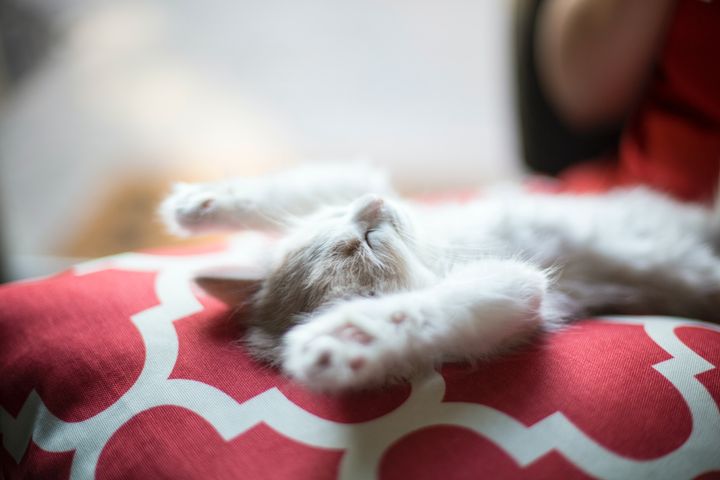
An Introverts Guide to Maximizing Energy Through Intention
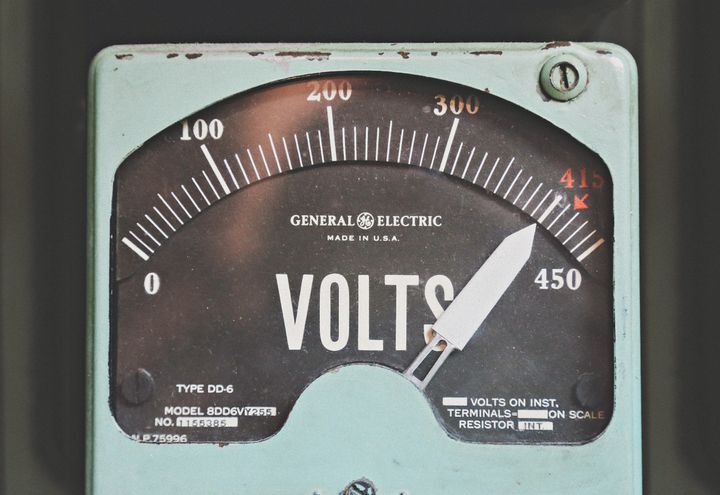

Comments ()